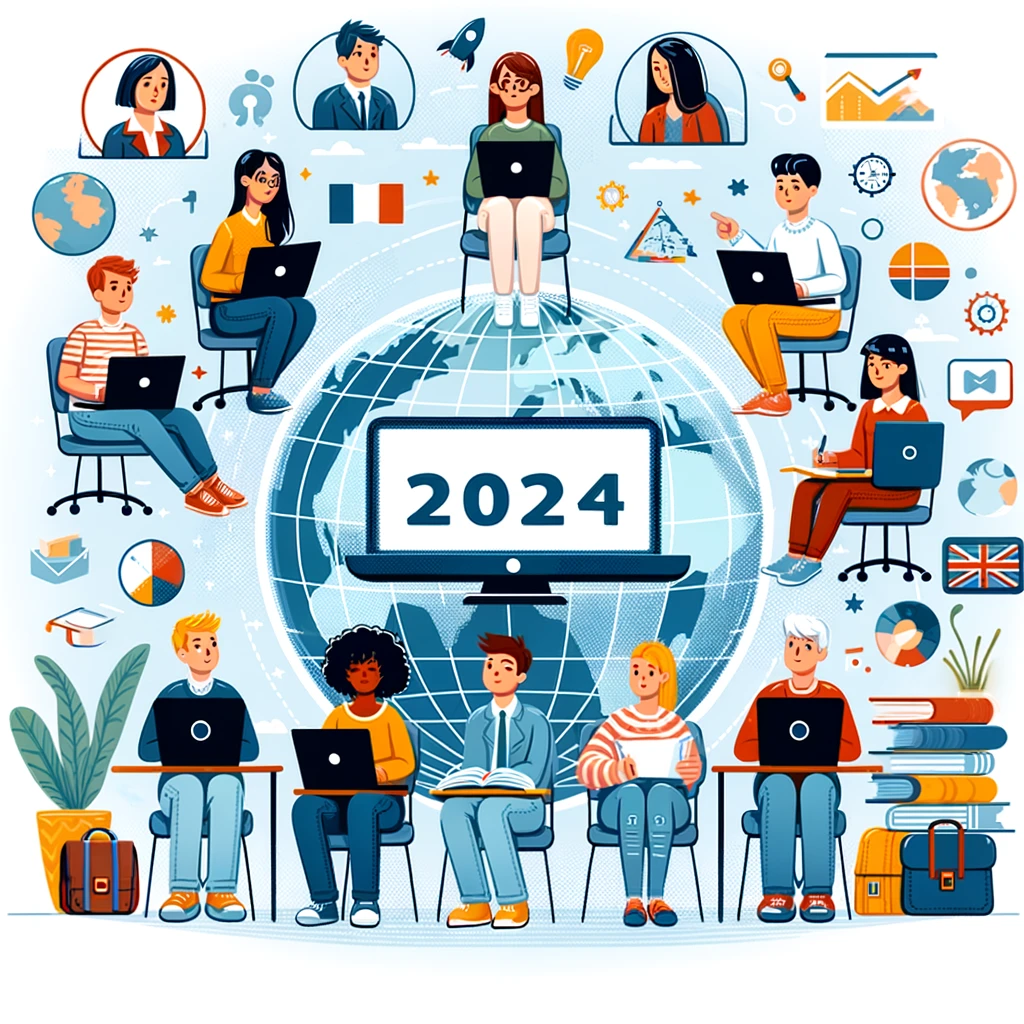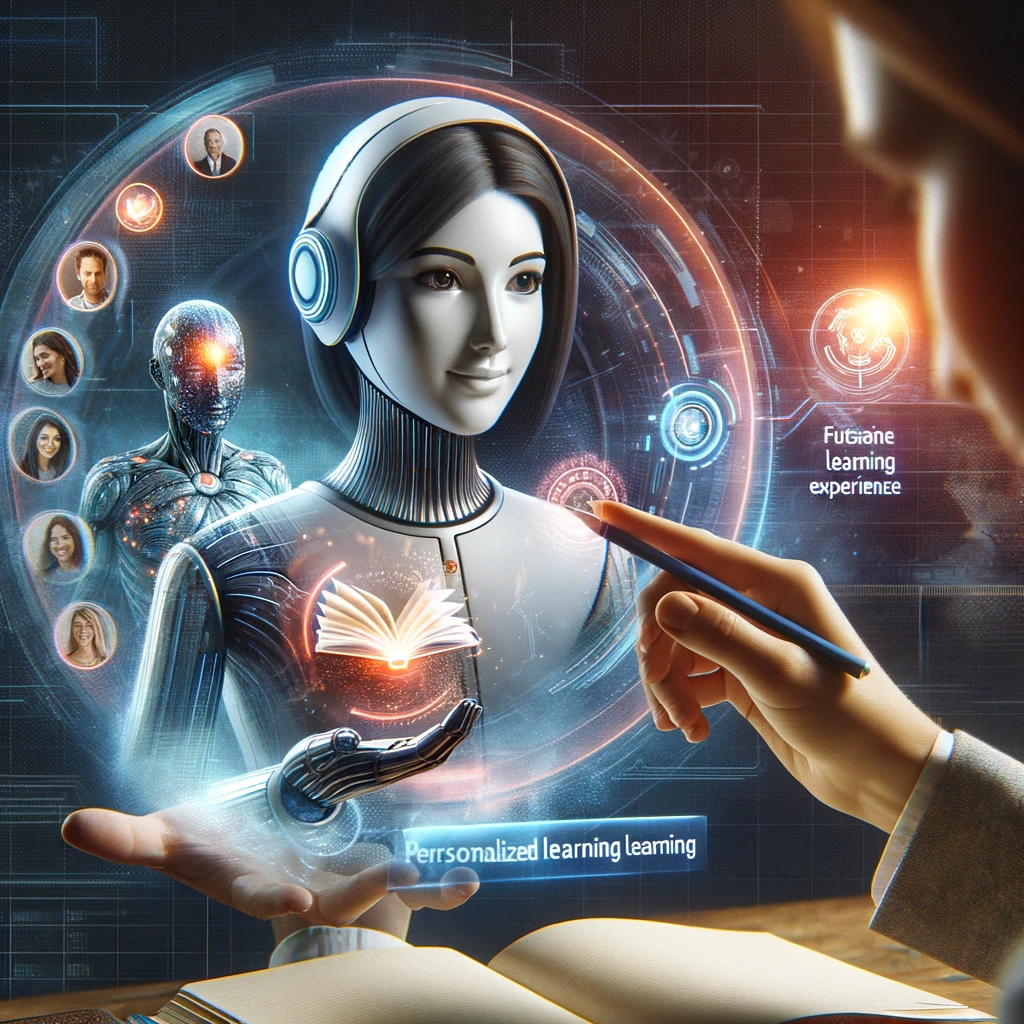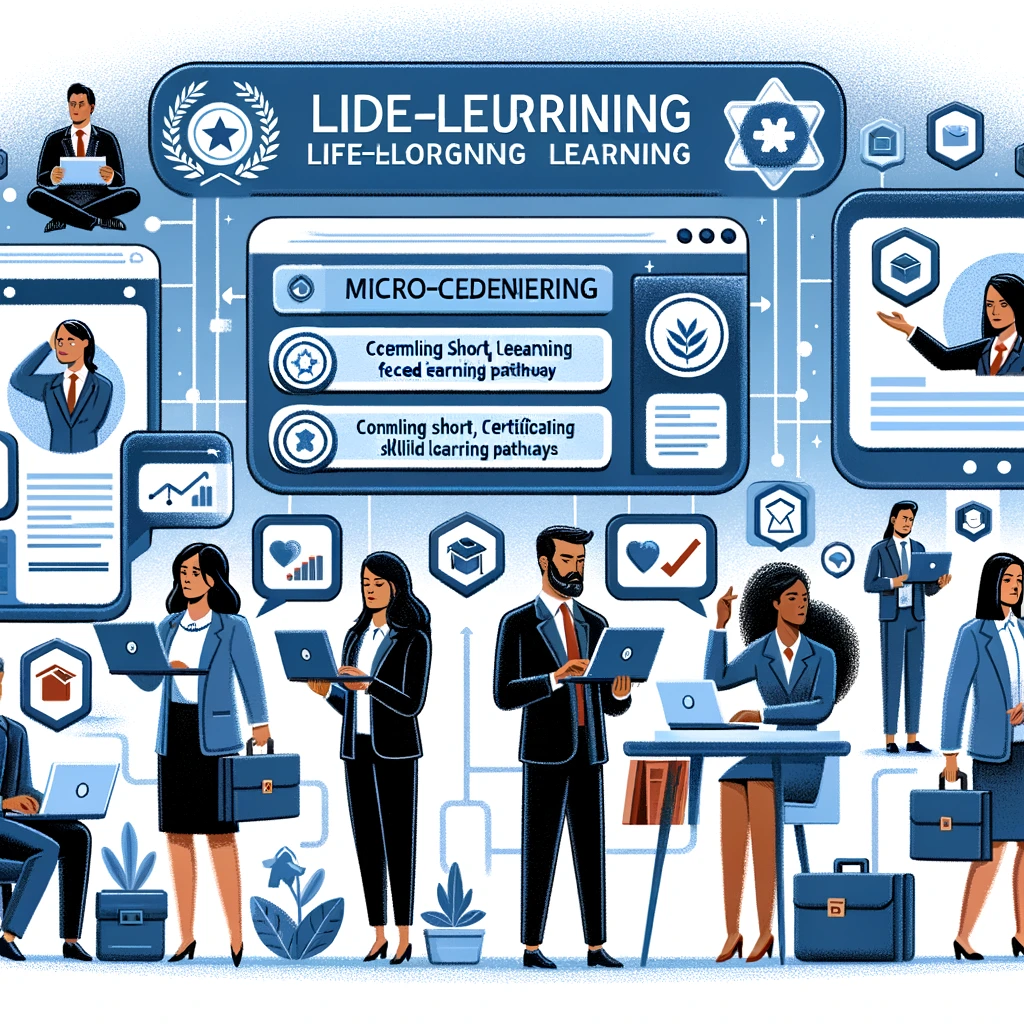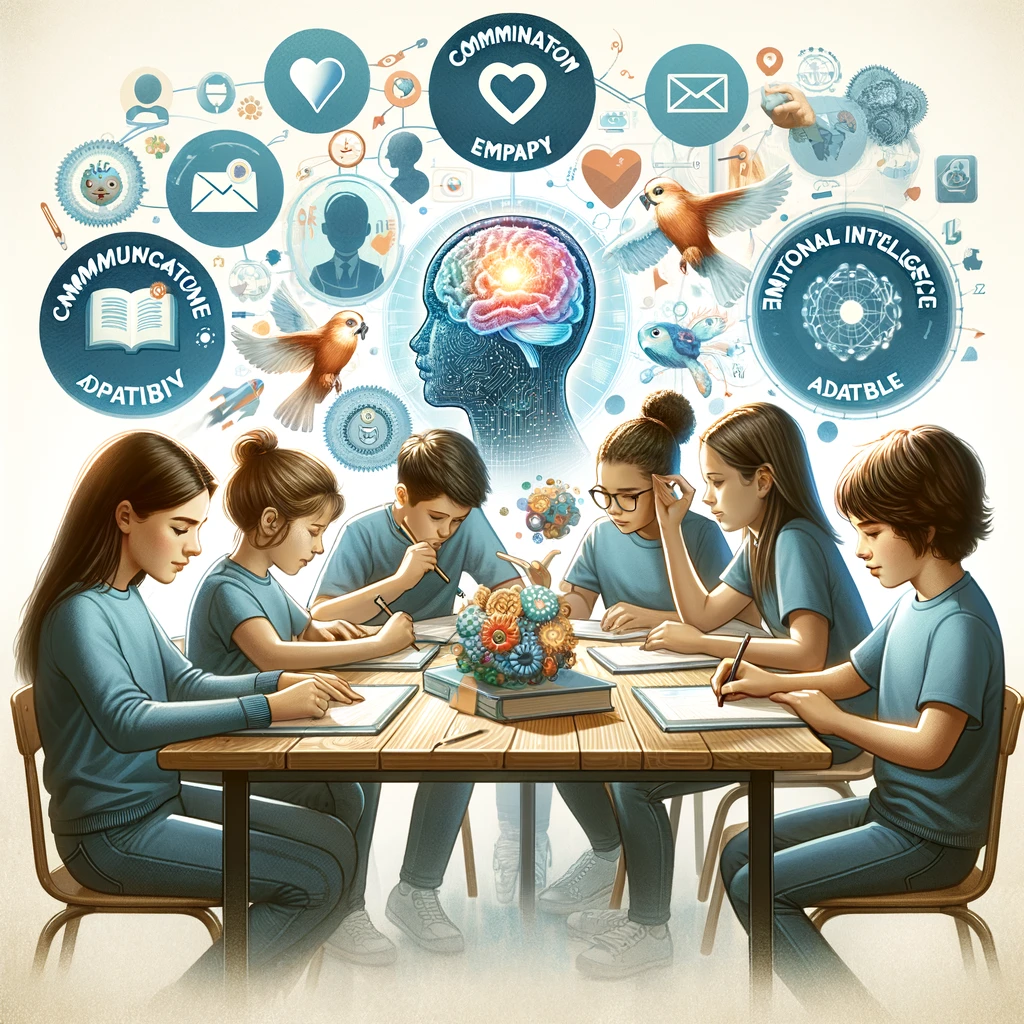
As we step into 2024, the landscape of education continues to evolve rapidly, with online education playing an increasingly integral role. The advancements in technology, coupled with changing learning preferences and global challenges, have paved the way for exciting transformations in how we approach education. In this article, we'll delve into four key insights that shed light on the future of online education in 2024 and beyond.

1. Personalized Learning Experiences
One of the most significant trends shaping online education is the move towards personalized learning experiences. With the help of artificial intelligence (AI) and machine learning algorithms, online platforms are now able to tailor educational content and resources to meet the unique needs and learning styles of individual students. Whether it's adaptive learning modules, customized study plans, or real-time feedback mechanisms, personalized learning is revolutionizing the way students engage with course material. This trend not only enhances student outcomes but also fosters a deeper sense of engagement and motivation.

2. Virtual Reality (VR) and Augmented Reality (AR) Integration
In 2024, we anticipate a surge in the integration of virtual reality (VR) and augmented reality (AR) technologies within online education platforms. These immersive technologies have the potential to transport learners into realistic simulations, interactive environments, and virtual classrooms, providing hands-on learning experiences that transcend traditional boundaries. From virtual field trips and lab simulations to collaborative problem-solving exercises, VR and AR are reshaping the way educators deliver content and engage with students, making learning more interactive, engaging, and memorable.

3. Lifelong Learning and Micro-Credentials
In today’s rapidly changing job market, the need for continuous upskilling and reskilling has never been more pronounced. As a result, we’re witnessing a shift towards lifelong learning and the proliferation of micro-credentialing programs in online education. Micro-credentials, which offer short, focused learning pathways tied to specific skills or competencies, allow learners to acquire new knowledge and credentials at their own pace. This trend not only empowers individuals to stay competitive in their careers but also enables employers to identify and validate relevant skills more efficiently, leading to a more agile and adaptive workforce.

4. Emphasis on Soft Skills and Emotional Intelligence
While technical skills remain important, there’s a growing recognition of the importance of soft skills and emotional intelligence in today’s interconnected world. Online education platforms are increasingly integrating modules and resources focused on fostering skills such as communication, collaboration, adaptability, and empathy. By prioritizing the development of these essential skills alongside academic content, online educators are preparing students for success in both their personal and professional lives, equipping them with the tools they need to navigate an ever-changing landscape with resilience and empathy.

Conclusion
As we look ahead to the future of online education in 2024, it’s clear that we’re on the brink of transformative change. From personalized learning experiences to immersive technologies, lifelong learning, and the emphasis on soft skills, the landscape of online education is evolving to meet the needs of learners in a rapidly changing world. By embracing these insights and trends, educators, policymakers, and stakeholders can collaborate to shape a future where education is accessible, engaging, and empowering for all.
In conclusion, the future of online education holds immense promise, and by staying ahead of these trends, we can ensure that learners of all backgrounds have the tools and opportunities they need to thrive in the digital age.
Share this article
Interested in learning more ?


